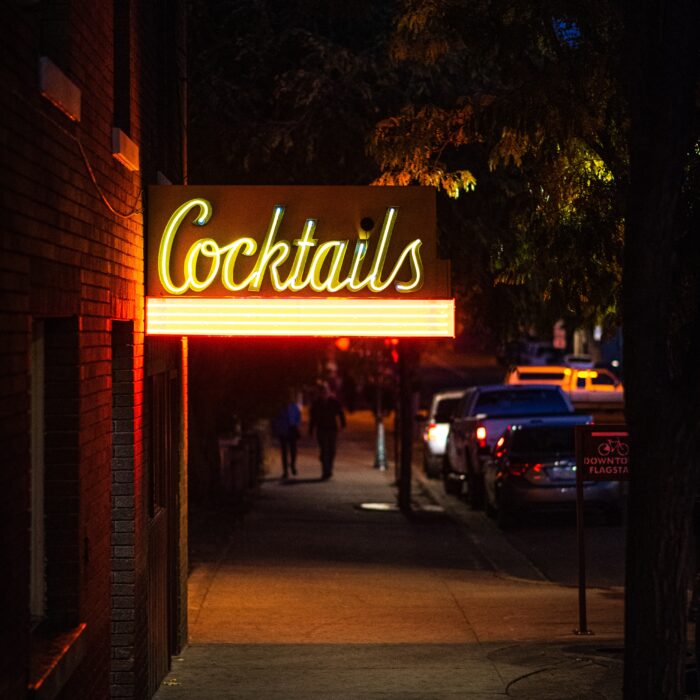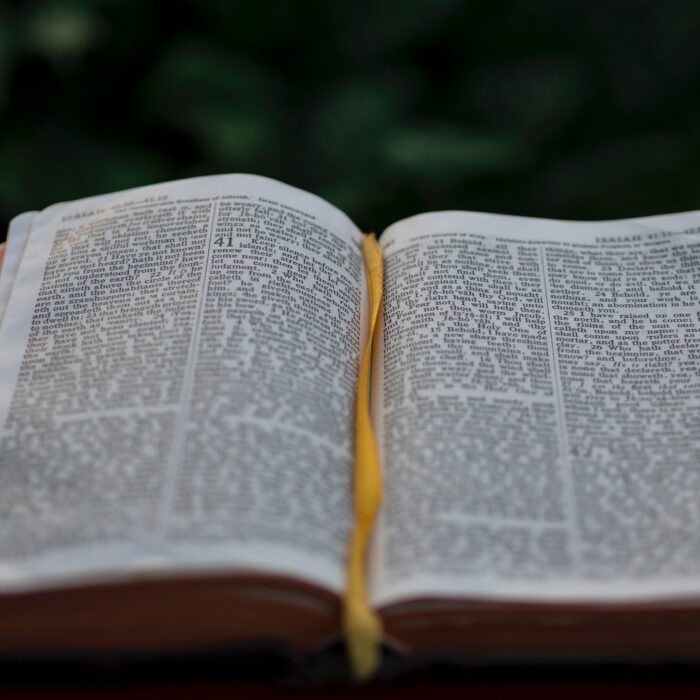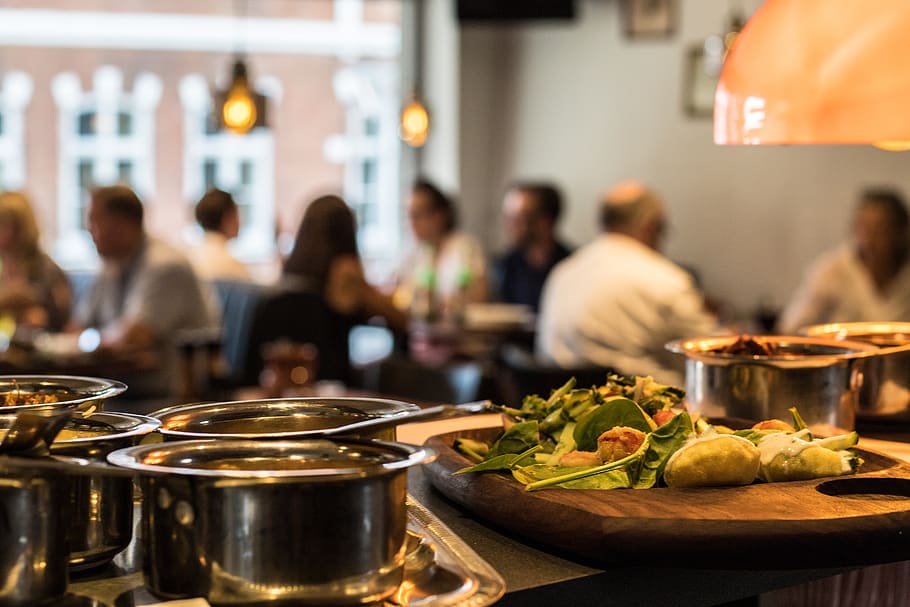You have no items in your cart. Want to get some nice things?
Go shopping
I had been wanting to make the call for a long time. Perhaps ever since the accident some sixteen years prior. Along the way, however, I was either swayed by people who thought it ludicrous to even consider, or I put it off for the simple reason that I couldn’t fathom the implications. How would it affect me, my family, the Driver? Would it make a dent in the universe, or would it be entirely inconsequential? Did I want to find out? When my sister was killed, it broke my family – both its individual members and the larger whole. Mourning is something truly lonesome. Even if you have loved ones sharing in the sorrow, they necessarily do so at their own pace, shouldering the waves of grief in solitude as they hit at different times and with different force. We had spent painstaking years working on mending ourselves and our relationships. My parents stayed together, but the accident altered our understanding of what the world could be expected to have in store for us. It took years to regain a semblance of trust in the order of things. Would I risk that progress with a simple phone call?
I didn’t know the name of the Driver. I knew that he drove a silver SEAT Toledo and I knew his ten-year-old son sat next to him in the passenger seat. The police had told us he likely drove too fast, but it couldn’t be proved, just as another possible scenario couldn’t be: that my dad had driven haphazardly and swerved onto the road in front of the Toledo. What I did know was that the cars collided with such force that my dad’s Volkswagen was torn in two, split open like a cantaloupe. My sister was declared braindead upon arrival at the hospital and my mother, accompanied by her sister, my aunt, was left with the decision to turn off life-support. My dad miraculously, although barely, survived. The Driver and his son were unscathed.
My sister was seventeen when she died, I was nineteen. She was the one person, I recognized posthumously, whom I had expected never to part with. Girlfriends may leave you, friends may come and go, and parents are presumed to pass before you. She and I practiced Spanish together as a way of obscuring conversations from our parents; we threw New Year’s and costume parties and we went to school together in the mornings, her holding on to me on my moped down the roads of rural Denmark. She was a kindhearted girl; she once adopted a sick chicken and dutifully cared for it until its inevitable demise. In high school, she outgrew her shyness and when her school received exchange visitors from Ghana, she gave up her room and housed two girls whom she showed around our area with great enthusiasm. When my family took in another exchange student from Paraguay, she and he quickly became close and she concocted nicknames for him and lovingly poked fun at his attempts to negotiate the recalcitrant Danish r’s and delicate d’s. She died just as her adult personality began to take shape and I believe she would’ve grown into a curious, kind, beautiful woman. Her first and only boyfriend was and is one of my closest friends and I like to think they would’ve produced a large band of progenies; she adored her young cousins and seemingly all other children she encountered.
After she died, I had fleeting violent fantasies; people speaking disrespectfully about her, me punching them in the mouth, shoving them off cliffs. Well-wishers and therapists told me that aggression and anger were perfectly normal parts of the process of grieving. I shouldn’t shun destructive feelings, no matter what shape they took or whom they were aimed at. I could expect feeling hatred of my father for his role in the accident, I was told, or even of my sister for having died. But aside from the odd fantasy or nightmare, those feelings never took hold in me. Specifically, and curiously to myself, I never developed any anger towards the Driver. On the contrary, I felt strangely connected to him. Both of our lives had been changed on that fateful February evening. He and I were likely among the five people most affected by the accident, I imagined. And yet, we had never spoken about it, or even met each other. Part of me was concerned this was somehow wrong. And part of me thought that concern was an expression of irrational emotionality; of a compulsion for everyone to always get along, no matter the circumstances. Nevertheless, the thought persisted.
Along the way, throughout the sixteen years since the accident, there were experiences that occasionally emboldened me to make the call. None was more powerful than the very first Reconciliation Ceremony I attended in eastern Sierra Leone. Here I met the former rebel soldier, Samba, who would come to have a lasting impact on my life.
While a graduate student in New York, I was introduced to a man named John. He was from Sierra Leone and had recently set up a non-profit organization called Fambul Tok, “family talk” in the local Krio dialect. Its mission was to rebuild the social fabric torn apart by the civil war that ravaged Sierra Leone from 1991–2002. The war gained notoriety for its use of child soldiers, sexual violence, hand-chopping and blood diamonds, as exemplified by the eponymous Hollywood rendition starring Leonardo DiCaprio and Jennifer Connelly. John and I found we had a lot of interests, aspirations and worldviews in common and he invited me to come and volunteer with his organization. When the semester ended, I got on my first ever flight to sub-Saharan Africa.
Fambul Tok’s work started in a part of Sierra Leone that borders Liberia, Kailahun District. This is where the war had been launched by a band of rebels who titled themselves the Revolutionary United Front, or RUF. The RUF’s leader, Foday Sankoh, had been trained in Libya as part of Muammar Gaddafi’s pan-African plans for the continent. In Libya, Sankoh had been introduced to Charles Taylor, who would go on to launch his own war in Liberia and then become the country’s president. Despite the ideological and monetary backing from Taylor and Gaddafi, the RUF was poorly equipped and they often had to rely on sticks and stones to scare the enemy into fleeing. Although Sankoh and the RUF claimed to be fighting a democratic revolution, the war soon engulfed the countryside and, as is a general rule in wars, many more civilians than combatants were tortured and killed. Few who remained in Kailahun District during those years were spared the war’s grip. Civilians were forcefully conscripted into one of the myriad fighting factions as the government and rebel forces splintered into more or less ideologically driven or opportunistic offshoots. So it was for Samba.
He was in his twenties when the RUF entered his village and gave all men old enough to carry a Kalashnikov the choice between summary execution or joining their ranks. To make a point, they shot the first man who refused to join at point blank range. Samba showed himself to be a skillful warrior. He rose quickly through the RUF’s hierarchy and was soon promoted to be the personal bodyguard of Foday Sankoh, the RUF’s leader. He spent considerable time at the frontlines as the war waged back and forth from village to village. His military career ended abruptly when a grenade left him with near-fatal injuries and a limp that persists to this day. I met Samba on the day of the first Reconciliation Ceremony, held in a village surrounded by dense bush and green hills, rich in natural resources and cacophonous fauna. Samba was there to search for and promote reconciliation now that the war had finally ended, he told me. We spent the better part of the day walking hand in hand, as is customary, talking about his wartime experiences. I had never heard anything like it. As dusk started to set in, a giant bonfire was lit in the center of the village and Samba and I parted. People started pouring in from nearby villages and a crowd, several layers thick, gathered around the fire.
The idea for the Ceremony was to give victims, witnesses and perpetrators a chance to share their experiences and mend broken bonds in a community that had been so tight-knit before the war. Several people got up to tell their stories: a woman who had been gang-raped by the rebels when they entered her village; a man whose corrugated roof – representing his entire life savings – had been stolen by army soldiers; people who had lost friends and family members. Then a woman arose from the crowd and introduced herself. Her body seemed frail, but she had a straight back and eyes that glowed under a colorful headgear. She talked about her brother who had been killed by the rebels. He was a young man, wrong time and place. Never hurt anyone. She talked about the family’s grief and their difficulties moving on. She wept. She sat down, and her friends embraced her. The fire was still growing, and it shot flames far up into the pitch-black night. A man rose and started to speak, it was a little while before I recognized Samba in the flickering light. He introduced himself, said he wanted to share his story, and then turned to the woman who had just spoken. He looked her in the eyes and said: “I was the one who killed your brother.” The crowd was at first silent, then a murmur broke out, it increased in volume and intensity, shouting erupted and the Chief had to calm the palaver. Samba continued: he told the woman, and the crowd, that he had been forced into fighting, that he regretted the bad deeds he had committed every single day. He had troubles sleeping at night, he said, and he wished he could undo the hurt he had caused. He fell to his knees and begged the woman: Please forgive me. Somewhere at the back of my mind, I also heard him say: Please set me free.
I spent the next many years going back to Sierra Leone, setting up an organization that worked alongside Fambul Tok and writing a book about Samba’s life. It took me a long time to understand that my visceral appreciation of the reconciliation work in Sierra Leone was so intimately connected to my personal process of healing.
I had long felt that forgiveness and reconciliation were underappreciated values in our western societies. Whether on New York City bike lanes, in the legislative branches of our parliaments, or in the way we approach love and friendships, we seem to err on the side of revenge and condemnation much sooner than on that of forgiveness. As someone who subscribes to a progressive worldview, I had long been in favor of policies that promoted rehabilitation over punitive measures as a response to crime. It became increasingly palpable to me that the political really is personal and I felt a growing desire, a need, even, to reconcile with the Driver. To forgive him, if he felt that he needed forgiveness. How, I thought, could people who had experienced the deliberate acts of war forgive one another if I couldn’t forgive a road blunder, even one that killed my sister? The lack of alignment between my ideals and my personal life lay like a weighty blanket on my shoulders.
It was through conversations with a friend that I finally made up my mind. He kept asking me why I didn’t make the call and I realized I didn’t have an answer. The thought of speaking to the Driver seemed so unfathomable that I avoided examining it. And when I did, the only thing keeping me from going ahead, I understood, was a fear that it would go awry. That the Driver would turn out to be dismissive of or even hostile to my outreach; that he would minimize the importance of the accident, my sister’s death, my family’s grief. I decided that wasn’t a good enough reason to get in the way of doing something I thought to be right. And in addition, it had become clear to me that the need for forgiveness – insofar as it existed in the Driver – was equally present within me. I wanted to free myself of the burden of even a hypothetical grudge; I wanted the Driver and the world and my family and myself to know that I was the kind of person who had it in me to make this call.
On a sunny afternoon in May this year, I found a secluded part of the botanical gardens in Geneva (where I currently live) and I dialed the number. A part of me didn’t want to believe the call would be answered and when it was, I wasn’t at first sure what to say. I stuttered an introduction I had prepared and told the Driver I had been wanting to call him for many years and that I had only now gathered the courage. “That sounds interesting,” he said with a laugh that indicated he might expect me to announce he had won the lottery. I also laughed, nervously. Then I took a deep breath and said: “Sixteen years ago, you were involved in a car accident.” “Yes?” he said, suddenly solemn. “It was my dad who drove the other car,” I said. “And my sister sitting next to him.” He fell silent. “Nina,” he then said. Nina was my sister’s name. None of us said anything for a while, tears started making their way down my cheeks. Then the Driver told me that he passes the place where the accident occurred every day on his way to work. “Not a day goes by that I don’t think about it,” he said. He told me that he was the one who pulled my unconscious dad out of the wrecked car and who found Nina in a pile of snow. He held her in his arms and gave her first aid. When an ambulance arrived, the paramedics had to pull him away by his feet, he didn’t want to, wasn’t able to, let go of her. Her blood dyed his jacket and for years he didn’t know whether to throw it out or if he could wash it and ever again wear it. He waited for my sobbing to die down. His son who was with him in the car had never fully recovered from the trauma, he said, in reply to my question about how he and his family were doing now.
The conversation went on for more than twenty minutes. It was clearly important for the Driver to tell me his account of what had transpired in the accident. He recounted details which I had never considered whether I wanted to know about. We were again both silent for some time. Then I said: “You know, part of my reason for calling you was that I’ve been wondering whether you’ve had any fears about my family’s feelings towards you.” I wasn’t sure whether to enunciate the sentence as a question, so I paused. He did, too, before replying: “Of course I’ve been thinking about that.” “Well, I’m happy to tell you,” I said, indeed feeling happy, “that we don’t have any ill will, any hatred, towards you. No one is looking for revenge or anything like that.” “That’s a relief,” he said, and I thought I detected a sigh. “In fact,” I continued, feeling a slight titillation, “insofar as you feel that you need – or would like – forgiveness, I want to tell you that I forgive you.” He said: “Thank you.” and the period rang out long enough for me to try to interpret his state of mind without any real luck.
As I hung up and emerged back into the world of humming bees and black raptors floating high above, I felt a profound and distinct sense – one, I thought, I hadn’t felt since my time in Sierra Leone – of having been part of something that wasn’t just meaningful at a personal level, but which contributed positively to some cosmic karma account balance. Life is beautiful, I thought, even when it’s horrific and sad.
I hadn’t “moved on.” I hadn’t gained a divine insight into the human psyche. But I had reached a level of catharsis that I had needed more than I had understood. An unexpected sense of freedom. I felt I had plunged myself into seventy thousand fathoms of water and surfaced drenched but living.
About Jakob Silas Lund
Jakob Silas Lund is a writer and humanitarian consultant. He has written Junior Rambo, a creative non-fiction book chronicling the life of a former rebel soldier from Sierra Leone, and the novel Sporene Efter Inés, which was published by Danish publishing house Gyldendal in 2017. His writing has also appeared in a number of Danish magazines. Outside of writing, Jakob works as a consultant in the humanitarian and development fields; he has more than ten years of experience from countries across Africa, Latin America and the Middle East. He has two sons and currently lives in Geneva.




